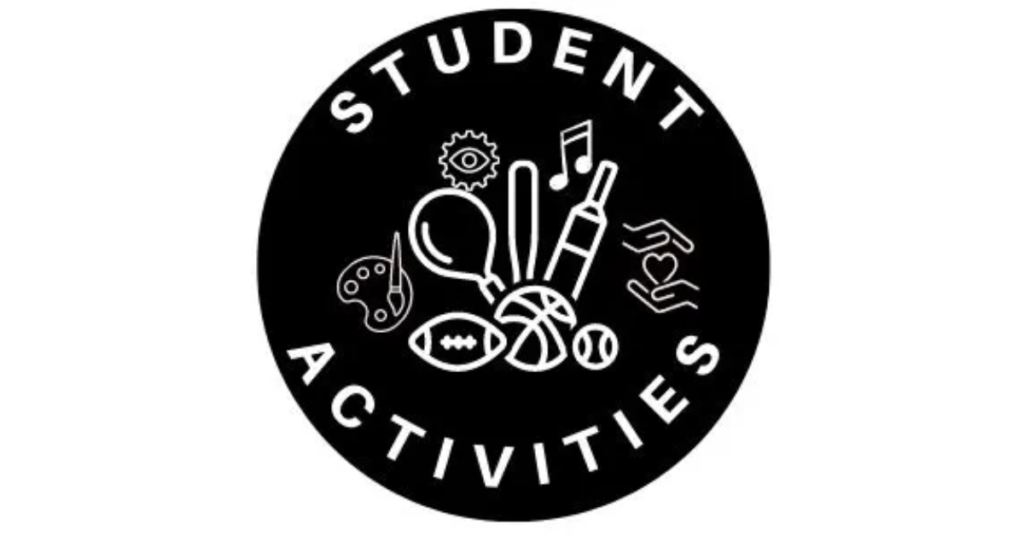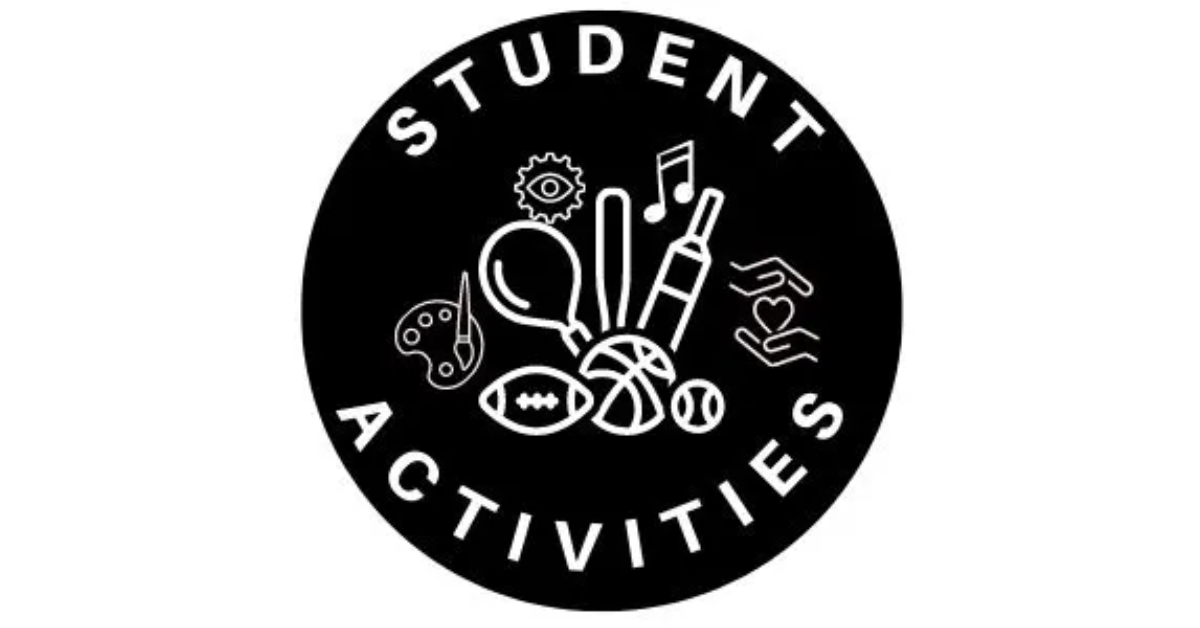College is a time of exploration, growth, and learning that extends beyond the classroom. One of the most effective ways for students to enhance their college experience is through involvement in student organizations. These groups offer invaluable opportunities for personal, academic, and professional development while allowing students to build lasting relationships with their peers. Whether focused on academic subjects, cultural interests, social causes, or recreational activities, student organizations are vital in shaping a well-rounded university experience.

The Importance of Student Organizations
Student organizations play an essential role in creating a vibrant, dynamic college community. By joining these groups, students are able to:
- Expand their social network: Meeting new people who share similar interests and values can help students create friendships that last beyond their time in school.
- Develop leadership and communication skills: Many organizations provide leadership opportunities that allow students to hone valuable skills like teamwork, project management, and public speaking.
- Contribute to the campus community: Student organizations often engage in activities and events that promote campus involvement and foster a sense of belonging.
- Explore personal interests: Whether it’s participating in a hobby, advocating for a cause, or diving deeper into a field of study, student organizations provide a platform for students to pursue their passions.
The diversity of student organizations allows every student to find a group that aligns with their personal and academic interests, helping them create a more enriching college experience.
Types of Student Organizations
Student organizations can be categorized into several broad types based on their purpose and activities. Each type offers unique opportunities for students to grow in different areas of life.
1. Academic and Professional Organizations
Academic and professional organizations are designed to support students in their studies and future careers. These groups provide additional resources outside of the classroom to help students develop expertise, network with professionals, and stay up-to-date on developments in their field of interest.
Common examples of academic and professional organizations include:
- Subject-Specific Clubs: Groups like psychology, literature, or history clubs bring together students who are passionate about a particular subject area. These clubs often host study sessions, guest lectures, and academic conferences.
- Pre-Professional Societies: Organizations like pre-med, pre-law, or business societies offer guidance for students preparing for careers in specific industries. Members can attend workshops, networking events, and mentorship programs that provide insight into the professional world.
- Honor Societies: Honor societies, such as Phi Beta Kappa or Alpha Lambda Delta, recognize academic achievement and offer leadership and community service opportunities for high-performing students.
By joining academic or professional organizations, students can deepen their knowledge, gain hands-on experience, and build connections that may benefit them in their future careers.
2. Cultural and Identity-Based Organizations
Cultural and identity-based organizations celebrate the diverse backgrounds of students on campus. These groups promote cultural pride, foster understanding, and create spaces for students to connect with others who share similar experiences.
Examples of cultural and identity-based organizations include:
- Cultural Associations: Organizations like the African Student Union, Chinese Student Association, or Latinx Student Union provide a platform for students to celebrate their heritage, organize cultural events, and discuss issues that impact their communities.
- International Student Groups: These organizations help international students adjust to life in a new country and build connections with fellow students from similar backgrounds. They often offer support with language, cultural differences, and navigating the university system.
- LGBTQ+ Organizations: LGBTQ+ student groups offer safe, supportive spaces for students to explore issues related to gender and sexual identity. They often engage in advocacy and organize events aimed at promoting equality and inclusion on campus.
Cultural and identity-based organizations create a sense of belonging, foster cross-cultural dialogue, and raise awareness of the diverse perspectives that make up the student body.
3. Social and Recreational Clubs
Social and recreational clubs provide students with opportunities to unwind, pursue hobbies, and enjoy leisure activities with like-minded peers. These clubs focus on creating a fun and inclusive environment where students can engage in non-academic pursuits.
Popular examples of social and recreational clubs include:
- Sports and Fitness Clubs: These organizations focus on physical activity, offering everything from intramural sports teams and yoga groups to hiking clubs and running clubs. Staying active is an excellent way for students to maintain a healthy lifestyle while connecting with others.
- Arts and Entertainment Clubs: Clubs focused on music, theater, visual arts, and filmmaking allow students to express their creativity and showcase their talents. Whether it’s joining a choir, participating in a theater production, or collaborating on a film, there’s something for every creative interest.
- Hobby Clubs: Gaming clubs, cooking clubs, and photography groups provide students with a chance to engage in their favorite pastimes while meeting others who share the same interests.
Social and recreational clubs are a fantastic way for students to manage stress, create meaningful friendships, and maintain a balanced lifestyle throughout their college years.
4. Advocacy and Service Organizations
Advocacy and service organizations are designed for students who are passionate about social issues and want to make a difference in their communities. These groups focus on volunteer work, activism, and raising awareness about causes that matter.
Examples of advocacy and service organizations include:
- Environmental Organizations: Environmental clubs focus on sustainability, conservation, and raising awareness about environmental issues such as climate change, plastic pollution, and biodiversity loss.
- Social Justice Groups: These groups work to promote equality and human rights, engaging in activism related to issues such as racial justice, gender equality, LGBTQ+ rights, and economic justice.
- Community Service Organizations: Volunteer groups like Habitat for Humanity, local food pantries, or mentorship programs allow students to give back to their communities by organizing service projects and charity events.
By participating in advocacy and service organizations, students can contribute to social causes, develop a sense of civic responsibility, and build skills in leadership and organization.
The Benefits of Joining Student Organizations
Involvement in student organizations offers numerous benefits that go beyond the immediate experience of participating in activities. Below are some key advantages of joining student organizations.
1. Skill Development
Student organizations provide students with opportunities to develop a wide range of skills, from leadership and communication to time management and problem-solving. Many organizations offer students the chance to take on leadership roles, where they can oversee projects, manage events, and coordinate team efforts. These experiences are invaluable in preparing students for future professional roles.
2. Networking Opportunities
One of the most significant benefits of joining student organizations is the networking opportunities they provide. By connecting with peers, professors, and industry professionals, students can build relationships that may lead to mentorship, internships, or job opportunities. Academic and professional organizations often bring in guest speakers or host career fairs, giving students direct access to professionals in their field of interest.
3. Enhanced Academic and Career Prospects
Being involved in academic or professional organizations can enhance students’ academic performance by providing additional resources, such as study groups, tutoring sessions, and academic workshops. Additionally, the skills and experiences gained through participation in student organizations are valuable assets on resumes and can make students stand out in job applications and interviews.
4. Personal Growth and Confidence
Joining a student organization helps students develop confidence by pushing them out of their comfort zones. Whether it’s speaking in front of a group, organizing an event, or leading a team, student organizations provide a supportive environment where students can challenge themselves and grow.
5. Social Connections and Community
For many students, especially those new to college, joining a student organization can provide a sense of belonging and community. These groups offer a space where students can meet people with similar interests, share experiences, and form friendships that can last a lifetime.
Tips for Getting Involved in Student Organizations
For students interested in joining student organizations, here are a few tips to help them make the most of the experience:
- Attend interest fairs: Many universities host student organization fairs at the start of the school year, where students can explore different clubs and meet current members.
- Try new things: College is a time for exploration, so don’t be afraid to join organizations that align with your interests but may be outside your comfort zone.
- Manage your time: While it’s tempting to join multiple organizations, it’s important to balance extracurricular activities with academic responsibilities. Focus on quality over quantity.
- Take on leadership roles: As you become more involved, look for opportunities to take on leadership roles within the organization. This will allow you to develop key skills and make a more significant impact.
Conclusion
Student organizations are a cornerstone of the college experience, offering students the chance to engage in activities that enrich their academic, social, and professional lives. From academic societies and cultural clubs to service organizations and recreational groups, student organizations provide a supportive environment for growth, learning, and connection. The skills, relationships, and experiences gained through involvement in these groups can have a lasting impact, preparing students for success both during college and beyond.
